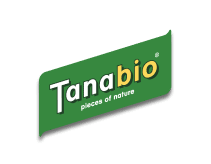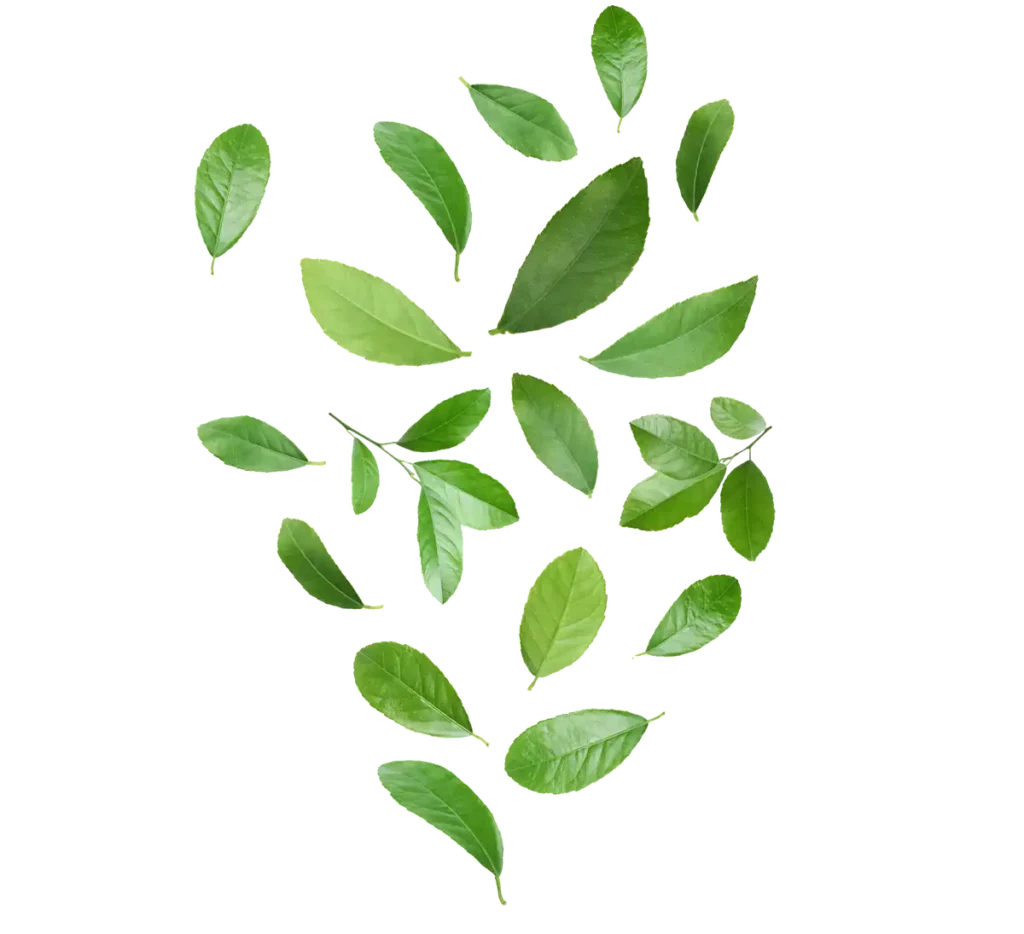
Our history
Tana is a family business created in 1955 that is dedicated to citrus fruit production and export.
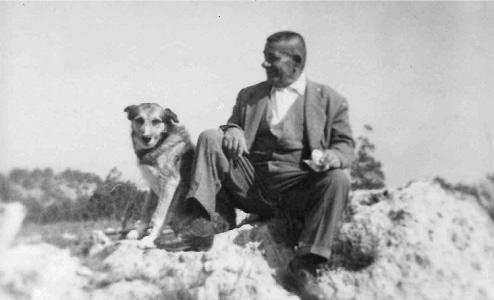
1940
Our origin
In the 1940s, José CánovasMompeán started a family business selling fresh fruit for the incipient national market.
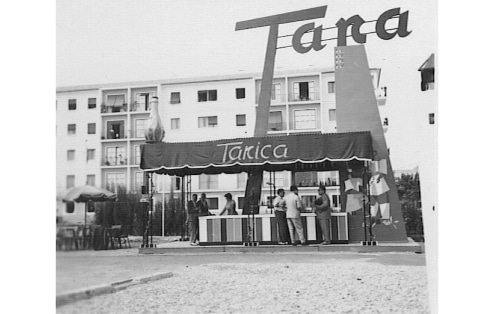
1955
Second generation
TANA S.A. was founded in Beniaján (Murcia). The second generation took over the company, leading to a new phase of success in international markets.
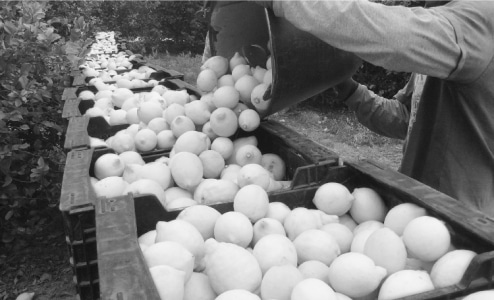
1957
Málaga
1957. Málaga. Tana started to plant the first citrus fruit farms in Málaga, years later setting up its packaging plant located on the same farm.
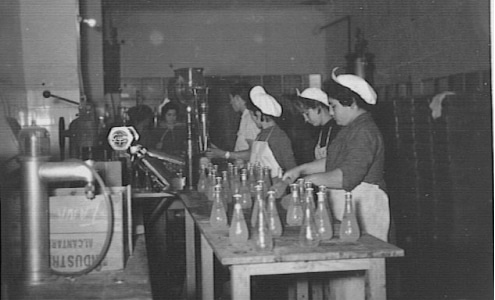
1965
Beniaján (Murcia).
Tana inaugurated the first juice industry in Spain, in Beniaján.

1991
Third generation
A management change took place, with a new generation in charge of the company.
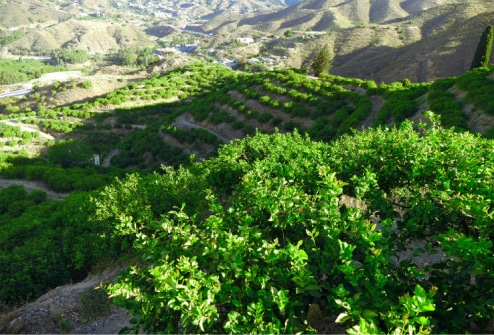
2000
Creation of Tana BIO
In the 90s some specific customers had already begun to demand organic lemons, thus leading to the creation of TanaBio.
The quantum leap occurred at the beginning of 2000, when we converted part of our farms to organic farming, gradually reaching the infrastructure we now have.
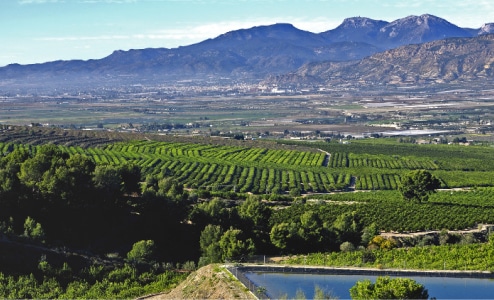
2002
Globalgap Certification
In 2002 Tana certified the first lemon field under Globalgap standards.
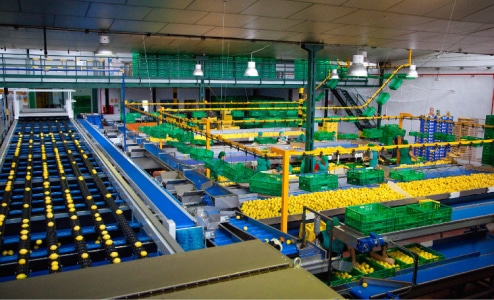
2011
ORGANIC in Málaga
New warehouse for ORGANIC products in Málaga.
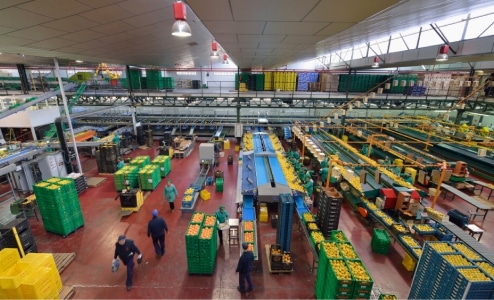
2013
New facilities
New facilities were opened at the Murcia plant.
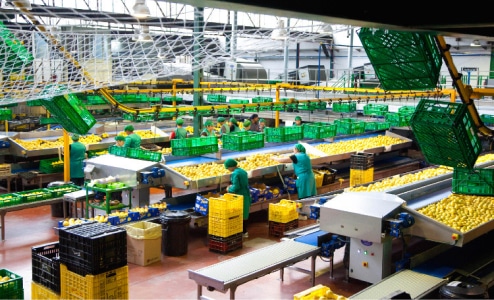
2016
New facilities
New facilities were opened at the Murcia plant.
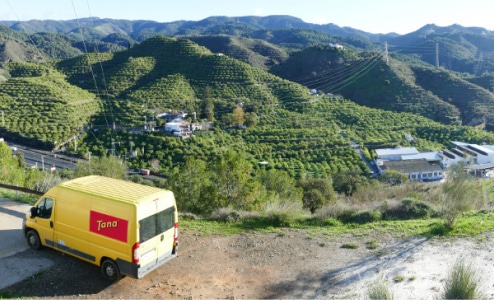
Today
Tana today
Today Tana continues to be an independent family business, with sustained organic growth, which has allowed it to be at the forefront of the Spanish citrus fruit sector.
Facilities
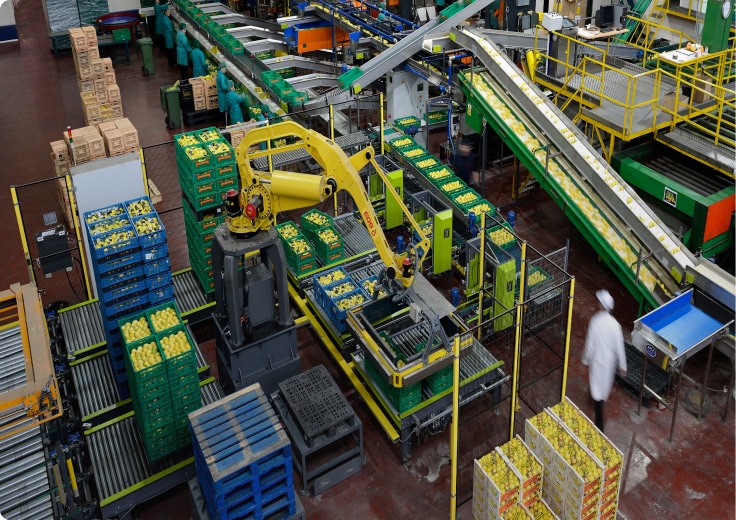
Handling and packaging plant.
Tana currently has a citrus fruit handling and packaging plant. The plant is strategically located in Murcia, one of the main lemon and grapefruit production centres in Spain.
The centre is in Los Ramos, Murcia, and has a working area of more than 10,500 m², being equipped with two independent lines to check trace control as well as the post-harvest processing of the final product.
The line is equipped with a robotic tipping and palletizing system, washers, drying tunnels, post-harvest application systems and electronic calibration equipment featuring state-of-the-art technology that allow quality-based product classification. The final packaging is carried out in different formats according to the customer's request: boxed, bulk, flow pack and heavy net in a multitude of formats (Epack, Girsac, Girplus and Labelling).

Food safety and quality
Tana continuously upgrades its quality control system to ensure our customers food safety and healthy nutrition. Our quality control system regulates every step of the production process, from cultivation to the final packaged product and final distribution.

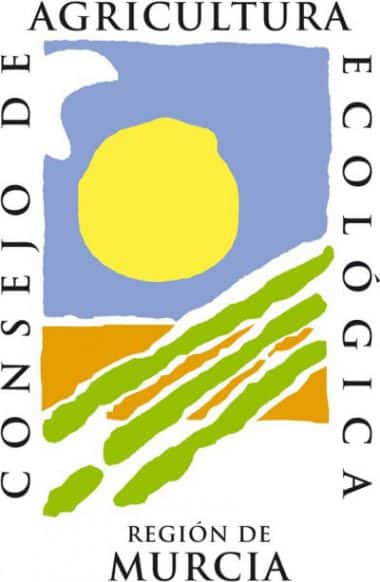

Tana’s day-to-day business
contributes to the improvement of the Community
Tana’s day-to-day business contributes to the improvement of the Community in which it develops its activities.
This is an attitude that goes beyond compliance with laws and regulations and is based on the following principles:
Would you like to know how we achieve it?


Sustainability
Sustainability as a guideline in all the company’s activities.
Useful products
Offering society useful products and under fair conditions.
Equity
Implementing equitable distribution systems for the wealth generated.
Human Rights
Decent working conditions that favour occupational health and safety as well as the human and professional development of its employees.
Environment
Minimizing waste generation, and rationalizing the use of natural and energy resources.


